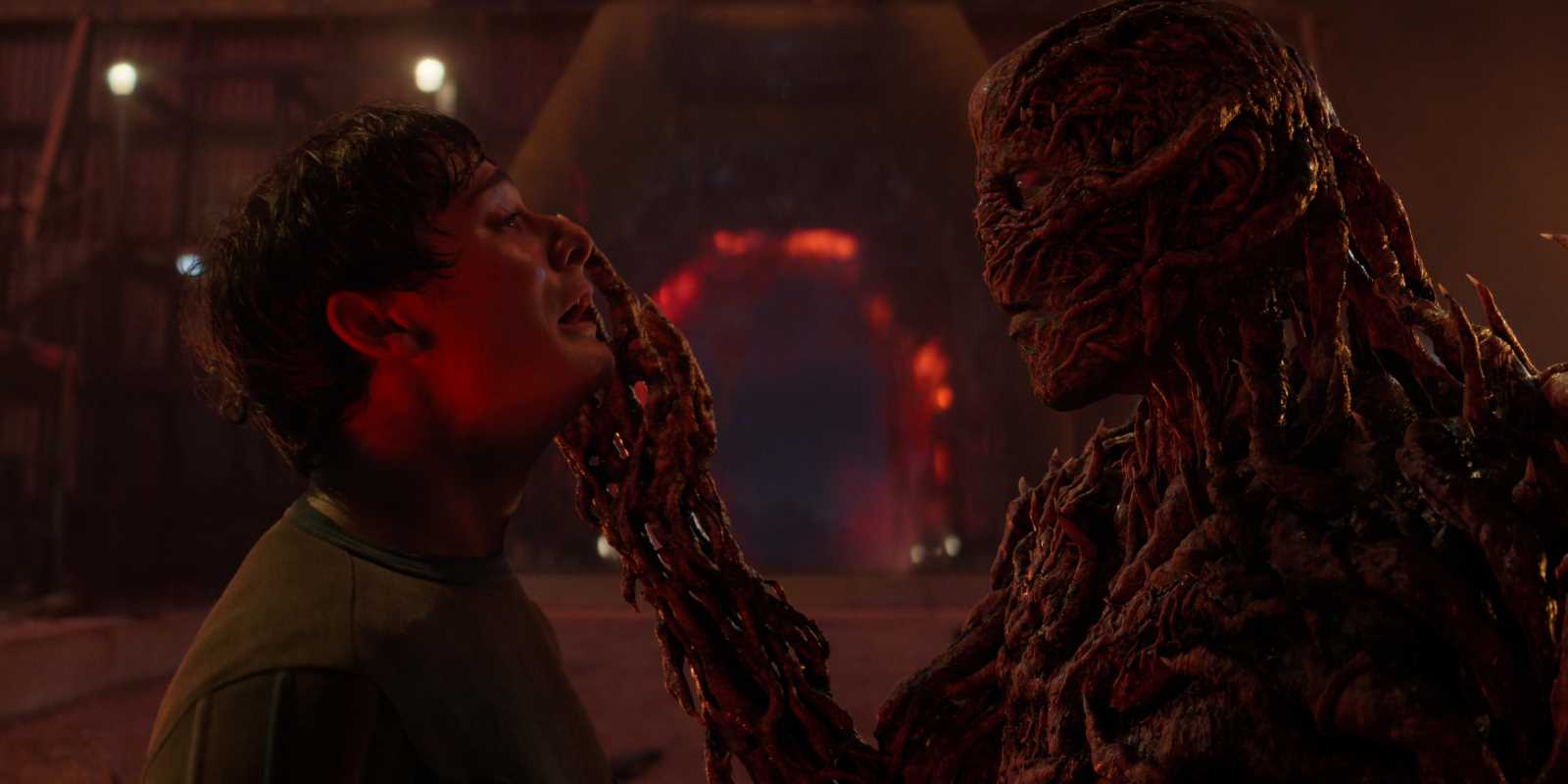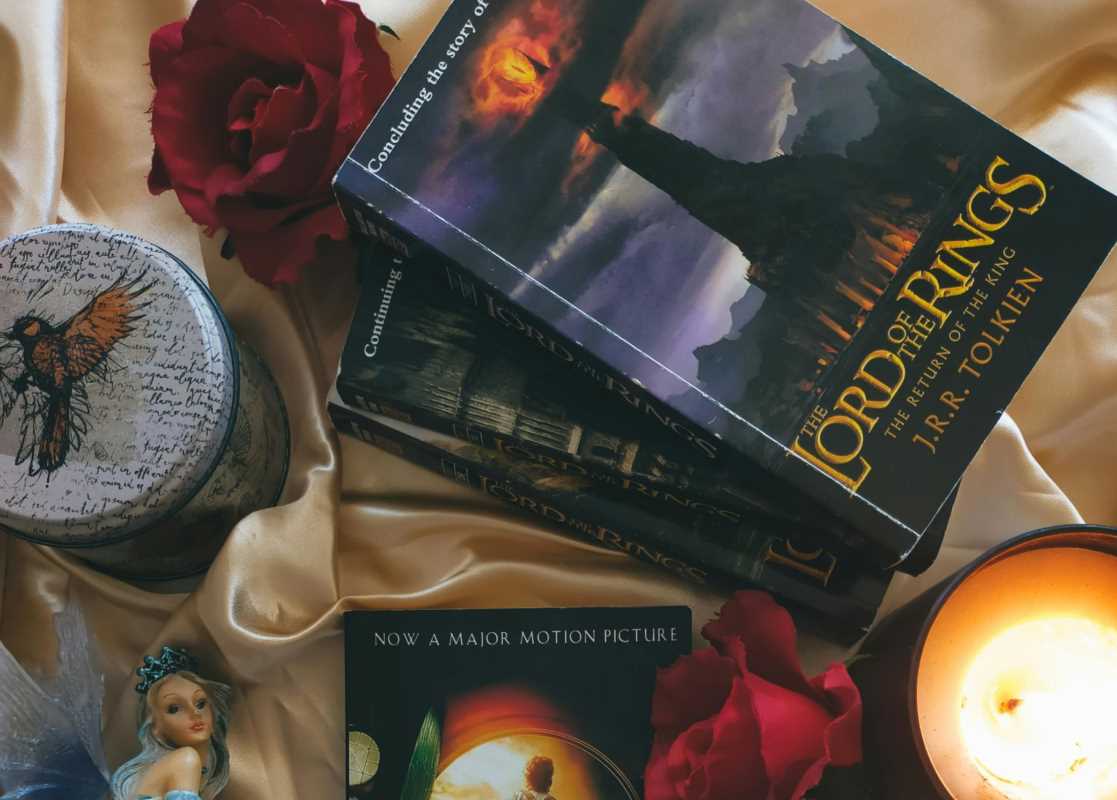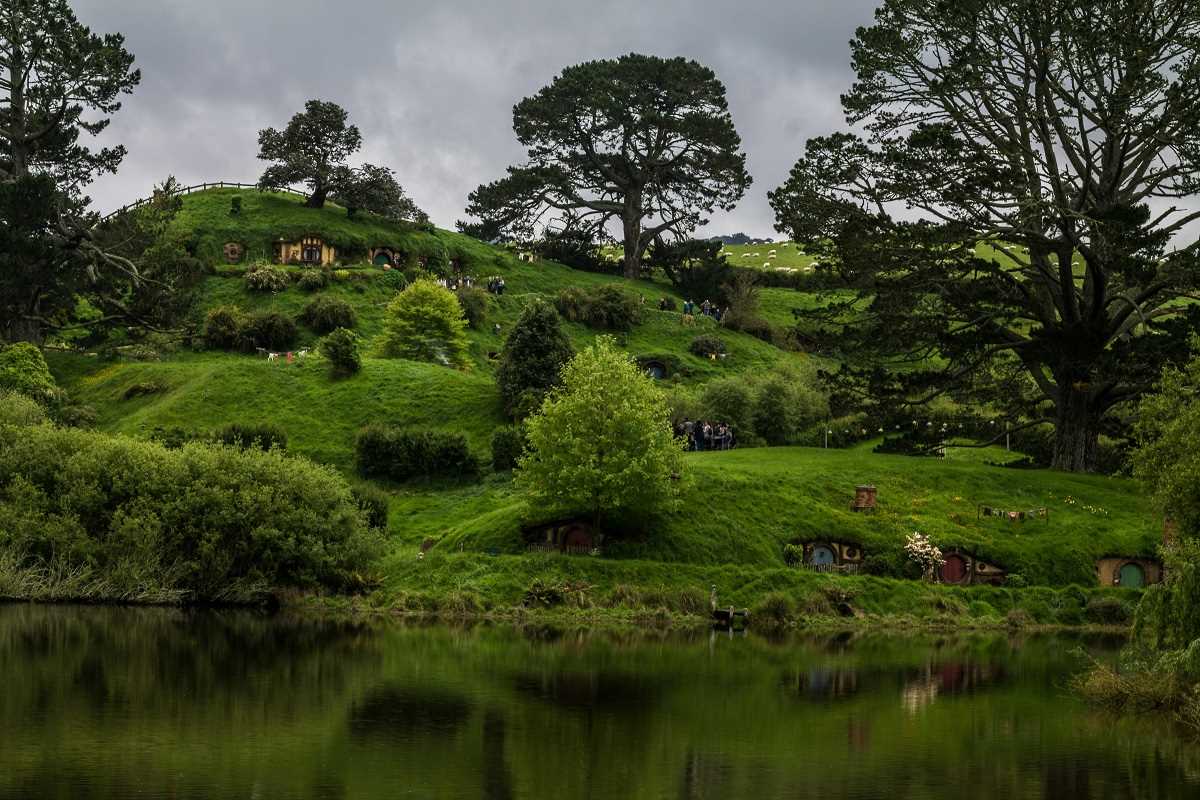Whether you’re a lifelong sci-fi fan or just dipping your toes into the genre, 2024 is shaping up to be a stellar year for exploring the depths of speculative worlds. Packed full of fresh releases and classics that refuse to fade from the spotlight, there’s something for everyone—from sprawling space operas to thought-provoking dystopian tales. If you're gearing up your reading list, here’s a lineup of must-reads that promise adventure, imagination, and a hefty dose of “what if?”
New Releases to Watch in 2024
1. “The Infinity Gate” by M.R. Carey
Subgenre: Multiverse Science Fiction
- What It’s About: This new release is a thrilling tale of parallel dimensions, focusing on a scientist who discovers the ability to travel between multiverses and the political chaos it ignites. It’s got everything from first-contact moments to deep ethical dilemmas.
- Why It Stands Out: Carey’s knack for blending heartfelt character moments with mind-bending concepts makes this a standout in the genre. If you loved The Time Traveler’s Wife or Dark Matter, this one should be on your radar.
2. “The Deep Sky” by Yume Kitasei
Subgenre: Space Thriller
- What It’s About: Humanity’s first crewed mission to a distant planet takes a deadly twist when a sabotaged explosion throws the crew into chaos. It’s part mystery, part sci-fi survival, and fully addictive as secrets unravel among the diverse cast of characters aboard the ship.
- Why It Stands Out: Kitasei’s debut delivers high tension and poignant human drama against a gripping space backdrop. Think The Martian meets Among Us with a dash of psychological suspense.
3. “House of Suns” (Re-release) by Alastair Reynolds
Subgenre: Space Opera
- What It’s About: Originally published in 2008 but getting a stunning reissue in 2024, this epic follows near-immortal clones traveling the galaxy, unraveling a conspiracy across millions of years. It’s big-concept hard sci-fi at its finest.
- Why It Stands Out: Reynolds is a master at creating vast, intricate worlds while keeping stories intensely personal. If you’ve never read this space opera masterpiece, now’s the perfect time to discover it.
Classic Sci-Fi You Can’t Skip
While exciting new titles continue to push the genre forward, there are also the timeless classics that anchor sci-fi’s rich history. These books have shaped the way we think about technology, society, and our place in the universe.
4. “Dune” by Frank Herbert
Subgenre: Epic Science Fiction
- What It’s About: Set on the desert planet of Arrakis, Dune tells the story of Paul Atreides as he navigates betrayal, immense political power, and his awakening as a prophesied leader.
- Why It Stands Out: With intricate political machinations, ecological themes, and a richly imagined world, Dune excels in blending cerebral sci-fi with action-packed narrative. Plus, with part two of Denis Villeneuve's Hollywood adaptation coming to theaters, now’s an excellent time to revisit (or discover) this masterpiece.
5. “Kindred” by Octavia Butler
Subgenre: Speculative Fiction
- What It’s About: This genre-defying novel sends Dana, a young Black woman, back in time to the antebellum South, forcing her to confront the horrors of slavery and her own place in history.
- Why It Stands Out: With its urgent social commentary and gripping narrative voice, Kindred remains just as impactful today as when it was first published. It’s an essential read, blending speculative elements with historical fiction to tackle race, identity, and power.
6. “Neuromancer” by William Gibson
Subgenre: Cyberpunk
- What It’s About: A washed-up hacker is hired for one last job that could change everything in a world where tech, AI, and neon-slick cityscapes collide.
- Why It Stands Out: The blueprint for cyberpunk, Gibson’s debut novel introduced us to dazzling (and slightly terrifying) technological visions that feel eerily close to home today. If you love Blade Runner vibes or stories that explore humanity’s digital future, this one’s for you.
Underrated Gems You Shouldn’t Miss
While some sci-fi titles dominate discussions, others quietly weave their brilliance, just waiting for a devoted reader like you to uncover them.
7. “A Psalm for the Wild-Built” by Becky Chambers
Subgenre: Solarpunk
- What It’s About: A tea monk living a simple life in a post-collapse utopia encounters a robot who asks, “What do humans need?” Together, they set off on a reflective, mellow road trip across the natural world.
- Why It Stands Out: This novella is the emotional hug you didn’t know you needed. With a hopeful outlook and a gentle pace, Chambers crafts a deeply personal tale about purpose, connection, and coexistence.
8. “Children of Time” by Adrian Tchaikovsky
Subgenre: Evolutionary Sci-Fi
- What It’s About: Following the downfall of humanity, an experiment meant to uplift monkeys into intelligence accidentally evolves spiders instead. The story traces the uneasy relationship between the last of humans and the spider civilization they encounter.
- Why It Stands Out: It’s bold, unique, and surprisingly compelling for a book about spiders (trust us). Tchaikovsky takes bold leaps with humanity’s imagination and creates an intricate narrative about survival, cooperation, and adaptation.
9. “The Long Way to a Small, Angry Planet” by Becky Chambers
Subgenre: Cozy Space Opera
- What It’s About: The crew of a small ship charts wormholes across the galaxy while dealing with interspecies camaraderie and their own personal dramas.
- Why It Stands Out: Imagine a space opera that swaps war for friendship and high-stakes battles for heartwarming moments. Chambers’ thoughtful approach to storytelling makes this feel like a space adventurer’s warm cup of tea.
2024’s Rising Star Picks
These hidden gems are generating buzz in the literary community and are perfect for readers who want to stay ahead of the curve.
10. “Lords of Uncreation” by Adrian Tchaikovsky
Subgenre: Space Opera
- What It’s About: This concluding book in the Final Architecture series explores themes of destruction and survival at the edge of our galaxy. It’s sprawling, cinematic, and emotionally resonant.
- Why It Stands Out: Tchaikovsky’s ability to juggle grand cosmic stakes with introspective character arcs ensures this trilogy wraps up on a high note.
11. “Systems Collapse” by Martha Wells
Subgenre: Sci-Fi Adventure
- What It’s About: Murderbot is back! The seventh book in the Murderbot Diaries series sees everyone’s favorite sarcastic, anxious android dealing with new mysteries and threats.
- Why It Stands Out: Wells combines action-packed sci-fi with hilarious and relatable inner monologues. If you’re already a fan, you’ve probably pre-ordered this. If not, start with All Systems Red and prepare to binge.
Sci-fi invites us to dream bigger, see farther, and question the impossible. Whether it propels us into the future or asks us to grapple with present-day issues through a speculative lens, the genre constantly reinvents itself. From intricate character studies to galaxy-spanning escapades, there’s no limit to what sci-fi can do.
 (Image via
(Image via





